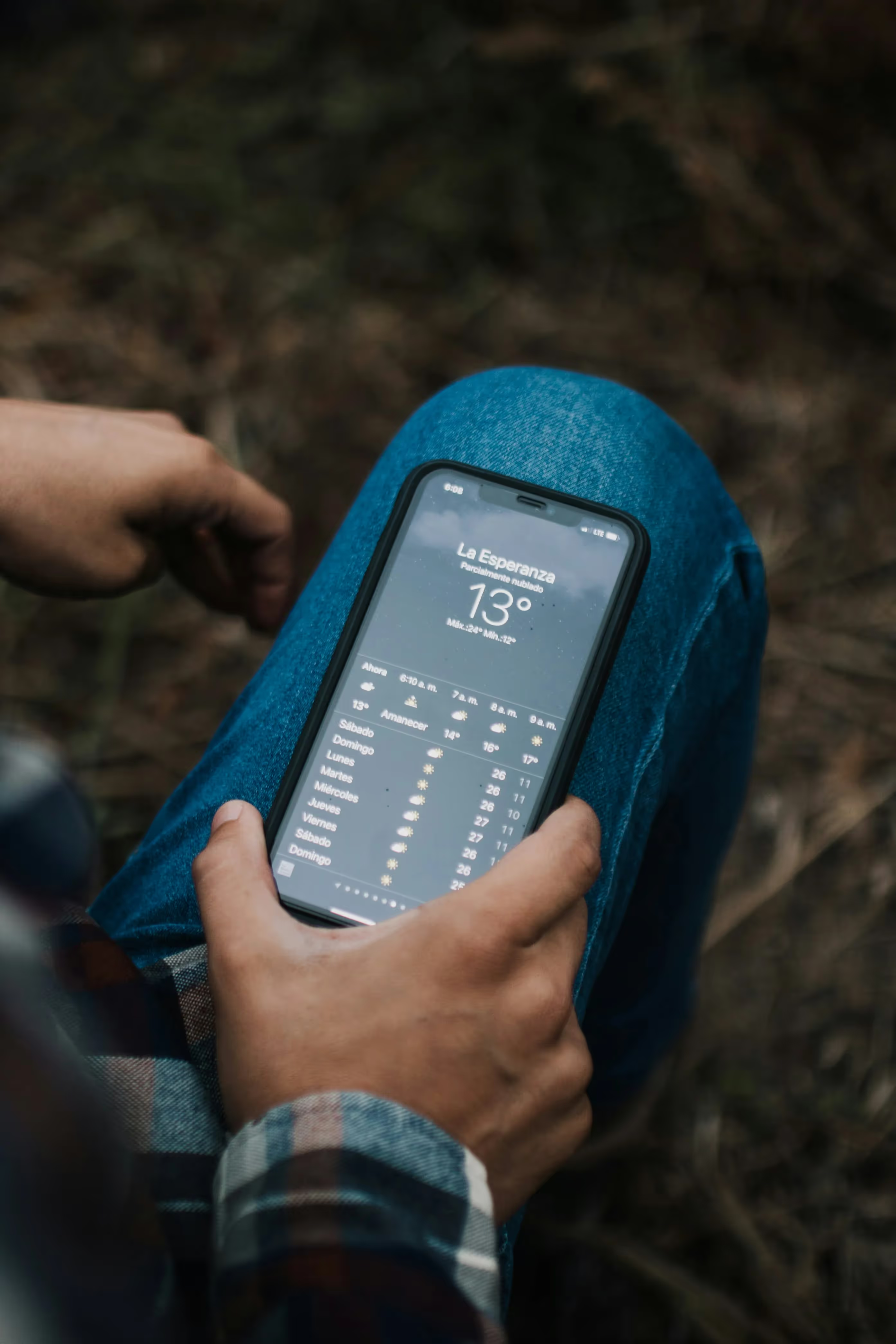Skills and Certifications: Becoming a Solar Photovoltaic Installer
Are you intrigued by the idea of making the world a greener place while engaging in a high-demand, rapidly growing field? If so, becoming a solar photovoltaic installer might be the perfect career path for you. As the world shifts toward more sustainable energy sources, the demand for professionals trained in solar panel installation has greatly increased. In this blog, we will explore the skill set and certifications you will need to start your journey in this promising field.
Introduction
Becoming a solar photovoltaic installer goes beyond just manually installing solar panels. It encompasses comprehending complex electrical equipment, interpreting technical drawings, strategizing installation plans, and of course, maintaining safety procedures. As interesting and challenging as it sounds, the job requires much more than a basic skill set. Certain aptitudes and certifications can help nurture both your talent and passion for this realm!
Essential Skills to Cultivate
Unlike conventional occupation, solar photovoltaic installers need a blend of both physical and interpersonal skills. First and foremost, as an installer, you must be physically fit. The job often requires heavy lifting, climbing, and balance. Moreover, because most of the installations are performed outdoors, you should be comfortable working under various weather conditions.
On the soft skills side, communication and customer service skills are a must. Often, installers are required to explain complex processes in simple, understandable terms to clients. Furthermore, problem-solving abilities go a long way, since each installation location might present unique challenges that must be addressed effectively.
Education & Training
A high school diploma principally suffices to enter this field. However, taking further courses in physics, algebra, geometry, and mechanical drawing will significantly augment your skill set. Apprenticeships are also common within the solar industry, typically ranging from 1-4 years, which provide on-the-job training.
Certifications
Though not always mandatory, certification can certainly give you an edge and lend credibility to your expertise. The North American Board of Certified Energy Practitioners (NABCEP) provides highly respected credentials in the field, including the NABCEP PV Installation Professional certification. This certification demonstrates that you possess both the experience and knowledge to successfully install solar photovoltaic systems.
Furthermore, some states have additional licensing requirements that may necessitate an electrician’s license or a solar contractor specialty license. Hence, it’s wise to investigate your local laws and regulations to ensure that you meet all necessary criteria.
Conclusion
Embarking on a career as a solar photovoltaic installer comes with its fair share of challenges but offers promising rewards. Along with its tangible benefits such as a good wage and high demand, it also grants the intangible satisfaction of contributing positively to the environment.
The combination of the right education, essential skills, and targeted training can pave the way for a prosperous career in this ever-evolving field. So, gear up with your problem-solving skills, put on your safety helmet, and step into the future of sustainable energy!





.avif)










.svg)



